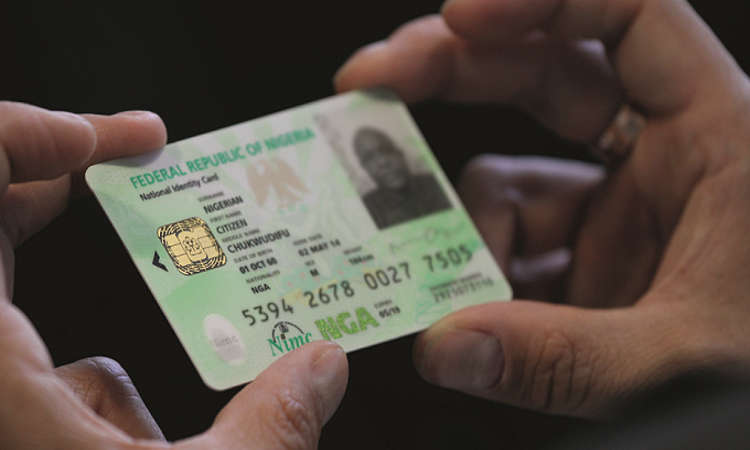
Estonia achieved a digital society status in 2014 after almost 2 decades of hard work and dedication. They are now referred to as a digitized nation where over 98% of government affairs are being run online. And if we want Nigeria to change and grow then we need to follow suit. There is one argument anyone can make as to why Nigeria cannot copy Estonia’s digitization plan which I’ll debunk.
The argument is that Nigerians are poor and this will serve as an impediment to the government in the course of achieving this. Estonia is a country formerly part of the defunct Soviet Union and after the collapse of the Union the Estonian government has been gaining strides in structure development and reforms. However, according to a Statistics Estonian report, over 21% of Estonians are considered impoverished and live in poverty while 3.9 percent live in what we call abject or deep poverty. As of 2015, more than 40% of those over 65 years of age live below the poverty line. There is a huge inequality between the rich and the poor which is often facilitated by cities segregation.
Even with these statistics, there has been a progressive decrease in the high margin of wealth distribution between the rich and the poor over the past few years. And they are on their way to becoming a poverty-free country. Now coming back to national digitization, Estonia has over the years, achieved e-Governance, e-Tax, X-Road, Digital ID, i-Voting, Public Safety, Blockchain, e-Health, and the most recent, e-Residency.
Register for Tekedia Mini-MBA edition 19 (Feb 9 – May 2, 2026): big discounts for early bird.
Tekedia AI in Business Masterclass opens registrations.
Join Tekedia Capital Syndicate and co-invest in great global startups.
Register for Tekedia AI Lab: From Technical Design to Deployment (next edition begins Jan 24 2026).
I see a digitized society as one of the strong options for Nigeria to start living in the true reflection of her wealth. It might be considered impossible, but if we can start with our voting system and I believe everything will fall into place if it’s done right.
One of the problems we have has always been electing the right leaders. Nigeria is rich enough to compete with any Western country in terms of technological advancements and or GDP. To get our election process right, we can adopt an e-voting system. There are the options of Direct Recording Electronic (DRE) machines and optical scanning machines. But these options are a no-go for Nigerians because of incessant “thugery” and voting venues disruptions.
My suggestion? Nigeria should adopt a simple app voting system. This means an app is created where everyone with a smartphone can vote from the comfort of their homes and it will be one vote per device. I understand that not everyone in Nigeria has a smartphone. But in the 2019 elections, the number of Nigerians with PVC was recorded as 72.8 million Nigerians (out of over 200 million Nigerians).
Smartphone users equal over 40 million Nigerians and it predicted to double by 2022 – the year of our next general elections. If we can conduct an election with just 72 million Nigerians, surely, we can do the same with 80 million Nigerians.
A digitized Nigeria can be the only avenue where its citizens can make their votes count and where everyone has a voice. You cannot go wrong with governance when you know you can and will be voted out if you make too many errors. If digitization can help us get our elections right, we can certainly make strides with a real-time economy, cybersecurity, intelligent transportation, healthcare, etc. And if Estonia can do it, we can.


